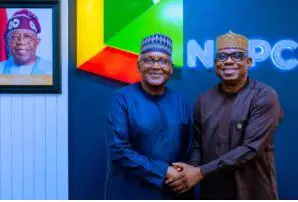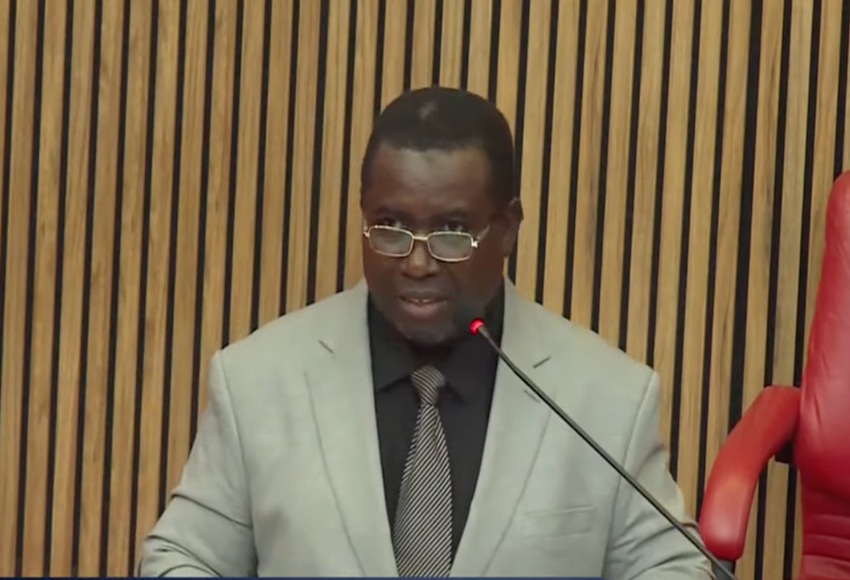As fliers with motivational quotes and nicknames continue to bombard our walkway boards and spam our whatsapp groups, it reminds a critical observer that the political atmosphere of the university environment is becoming tense.
Political aspirants are emerging with varying interest in particular positions and a lot of lobbying is ongoing behind the scenes. In other words, the time for transition in is almost here.
Obviously, this is the time for seekers of public office to sway people to identify with their cause and mobilize the needed support to actualize their political ambition.
In view of this, I would like to share a few thoughts on how to effectively actualize your political aspiration without destabilizing the polity.
First, it’s important to note that lobbying has got its own ethics.
If you want to lobby people to support your political aspiration, do so by telling them about your vision and what you hope to actualize realistically when you get to the office. It is offensive and immoral to malign or speak ill of your opponent all in the name of emerging victorious.
In addition, resist the temptation of employing unfair and dirty means of getting your main contender screened out of the race. It simply shows a lack of self confidence to lead. It typifies a “ruler” with a “do or die” attitude to win by all means possible.
Remember, political sins/crimes are not easily forgotten. The person whom you have maligned wrongly, can serve you hot strokes of cane in your administration. The person may pay you back by giving you taste of your own medicine. Leadership isn’t intended at severing ties; it’s aimed at cementing them.
The second issue is the need for the electorates to beware. This is because, one of the things that have ruined Nigeria is nepotism. Nepotism is a false gospel that preaches this; “this person belongs to my religious group and therefore, he must win. This person is Hausa, therefore he must win regardless of what he has to offer”.
The ones common to the university system are, “this person is from my department, I don’t even need to know if he’s capable or not”; “He is a member of my indigenous association, I’m less concerned about his capability and capacity”; “He has tutored me in a course before, therefore he should be assured of my vote and support”.
If that were to be a concrete yardstick for measuring leadership, then the right people will never emerge as leaders — rather people without character, competence and capacity will take over power.
There’s need to ask some pertinent questions at this juncture: what if an individual doesn’t know how to tutor but knows exactly how to perform effectively in administrative roles? What if the person has garnered experience from a series of trainings but not related to you in anyway?
The point is, be open-minded to any candidate that deserves your attention. Ask them what they have to offer because, not all the people that take you tutorials and/or are in your department, faculty, indigenous association automatically qualify to hold a leadership position. Don’t be fooled!
The rationale behind my position is simple: having gotten involved in student politics since my first year, I have participated at departmental, faculty, union and indigenous levels. I took tutorials two years consecutively without the intention to use it as a tool to campaign to the electorates. Every time I get to my fellow students and try to introduce myself, they say, “we already know you, you took us tutorials, we’ll vote for you”.
Despite this already welcoming gesture, I spare some time to discuss the results I want to deliver with the office and programmes I intend executing, and the experience and skills that I want to put to great use.
This step goes ahead to clear every iota of doubt in their minds (if it exists in the first place). I have successfully won three elections in my four years in school serving in both executive and legislative positions.
Of course, the journey hasn’t been devoid of people who wanted to play hanky-panky. Those that wrote petitions on falsehood. Those that tried to malign my character, and others who weren’t just interested in meritocracy – they all bowed to the sovereign power of the people.
Remember, lobby ethically! Don’t blackmail, malign or dig out your contender’s secrets. I hope this helps and enlightens you to be a good sportsman as a political aspirant, and being wise as an electorate.
Lobbying is a game of foresight. It’s about thinking three times ahead of your opponent. It’s about anticipating moves from your competition such that when your opposition thinks they have played their trump card, you play yours to bury the competition.
Abdulsamod Balogun is a parliamentarian at University of Ilorin Students’ Union, a Content Writer and Media Strategist, Youth advocate and active volunteer. Shoot him a mail at [email protected]*
+234 817 189 1099
Advertisement






